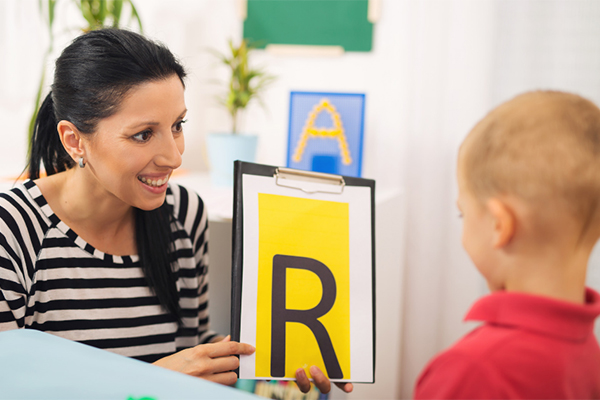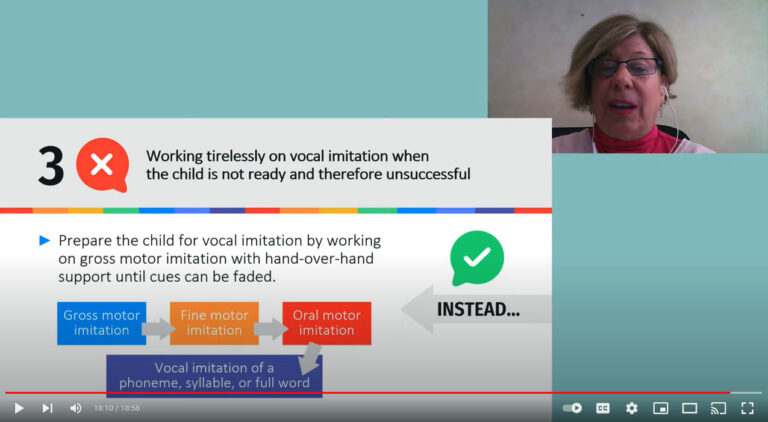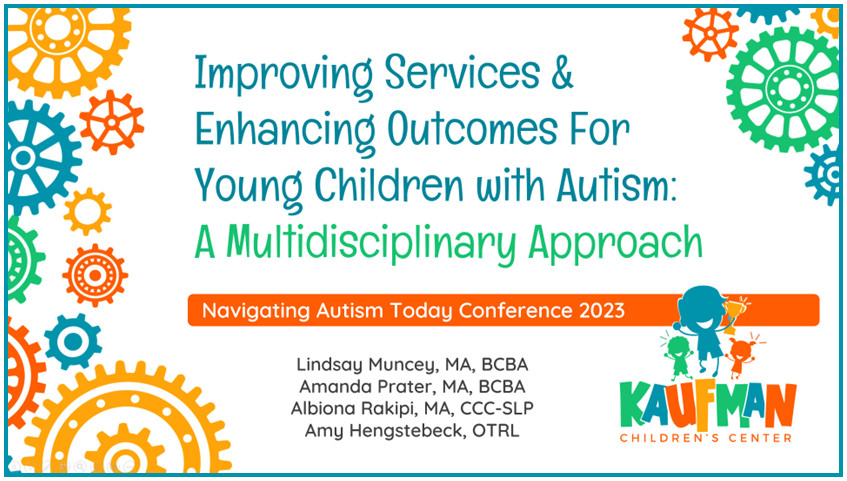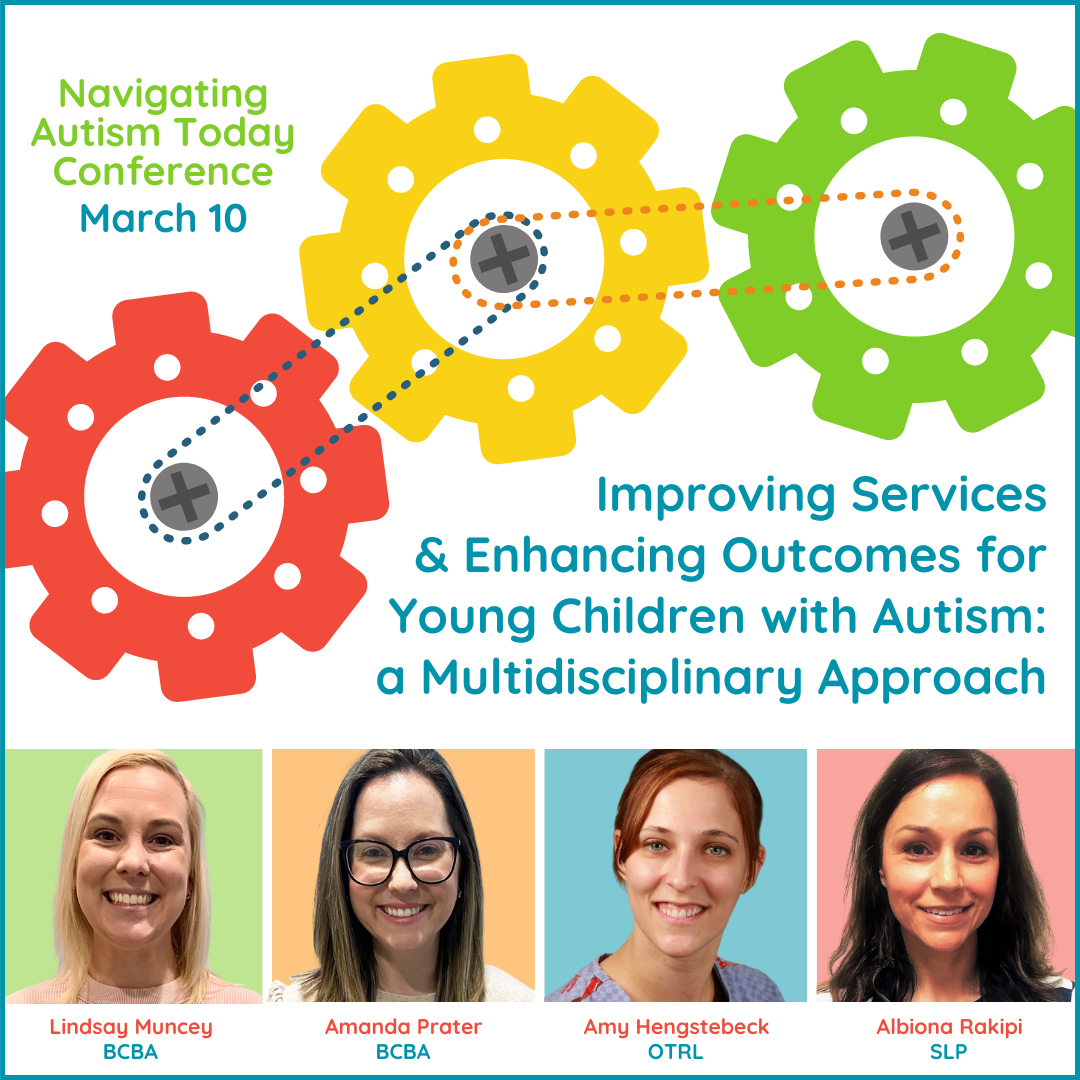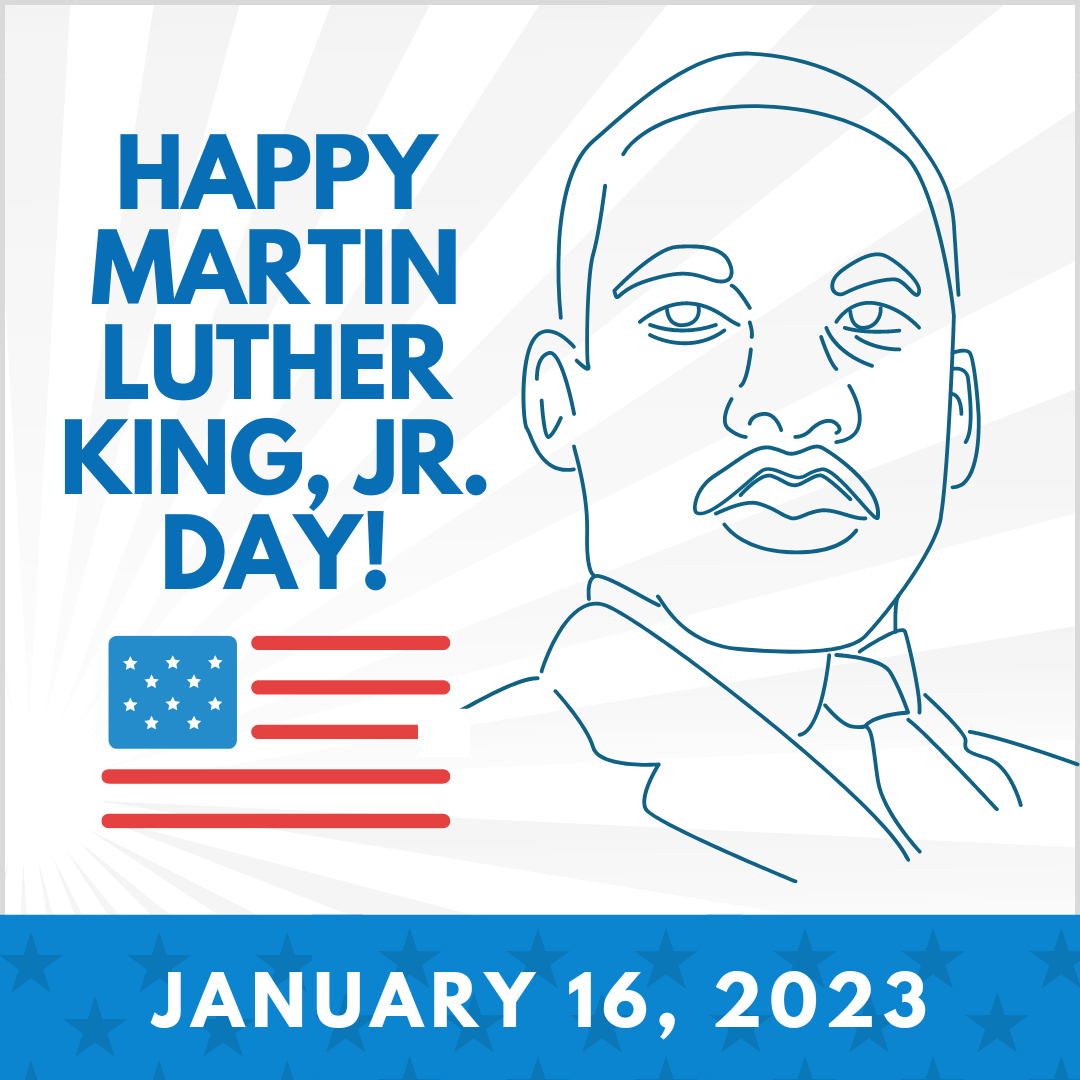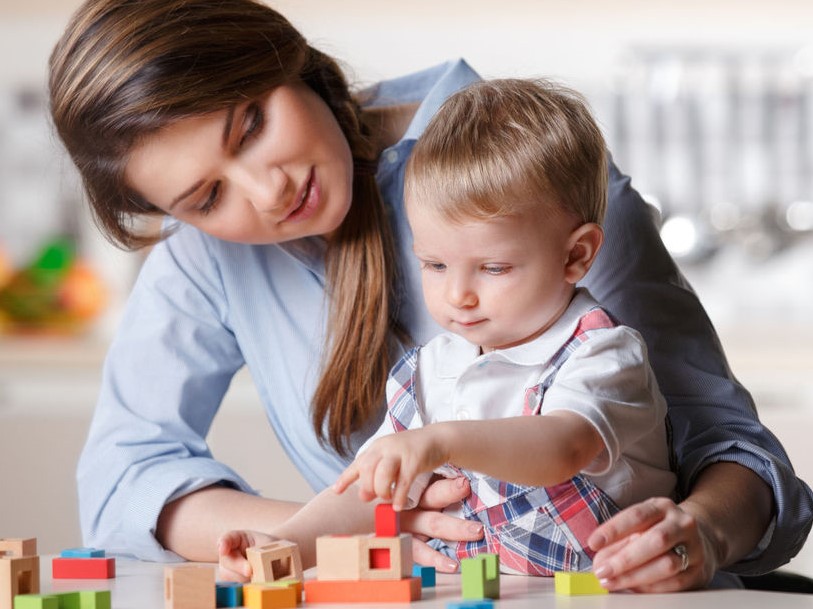Childhood Apraxia of Speech: Practice Through Play with K-SLP Strategies
PRESENTED BY NANCY R. KAUFMAN, MA, CCC-SLP
It is often difficult to motivate children with childhood apraxia of speech (CAS) to practice at home or even to cooperate within a therapy session. This webinar will offer suggestions to maximize practice through play. Therapy materials are implemented as well, though paired with play activity. Kaufman Speech to Language Protocol (K-SLP) methods of cueing motor-speech and scripting functional expressive language to include the language of toys and games will be emphasized. Fading cues and scripts as well as teaching successive approximations toward target words and phrases is taught. Parents and caregivers are coached to pair themselves with fun toys and activities, making the speech and language practice activities highly preferred, exciting and successful.
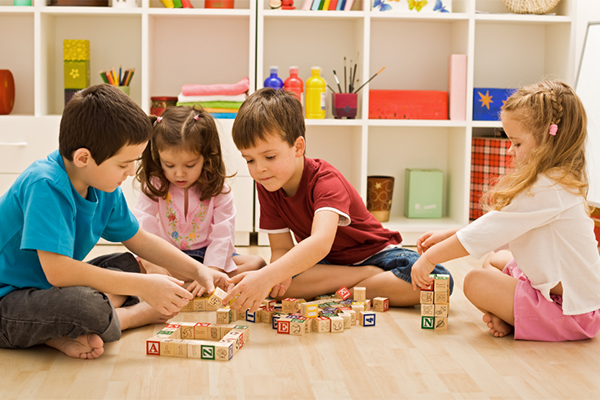
How to Learn
This course is offered by Apraxia Kids. Membership required.
